As the title hints, Bayou’s latest track, “Eskendereya”, takes place on the Sahrawi, the highway between Cairo and Alexandria, known for fatal vehicle accidents and dangerous driving. Bayou sets the stage as a metaphor for the upstream yet turbulent journey ahead in his career and life. The song serves as a reminder to keep faith in overcoming the setbacks he has faced, including losing his first cousin, Mostafa Ghannam, in a fatal accident on the Sahrawi.
Bayou always saw Mostafa as a significant role model – he was always authentic to himself, took his own route, and constantly encouraged the “King of Cairo” singer to chase his passions when the rest of his family were quite sceptical. The song is reflective in lyrics, but it is also introspective in its production. The song samples Sherine’s track “El Mereya”, which is a song that also turns listeners’ thoughts inwards. “Eskendereya” seamlessly blends the soap-opera sonics of 2000s Egyptian pop music and contemporary melodic trap to create a familiar yet novel experience for listeners in the Middle East and the diaspora.
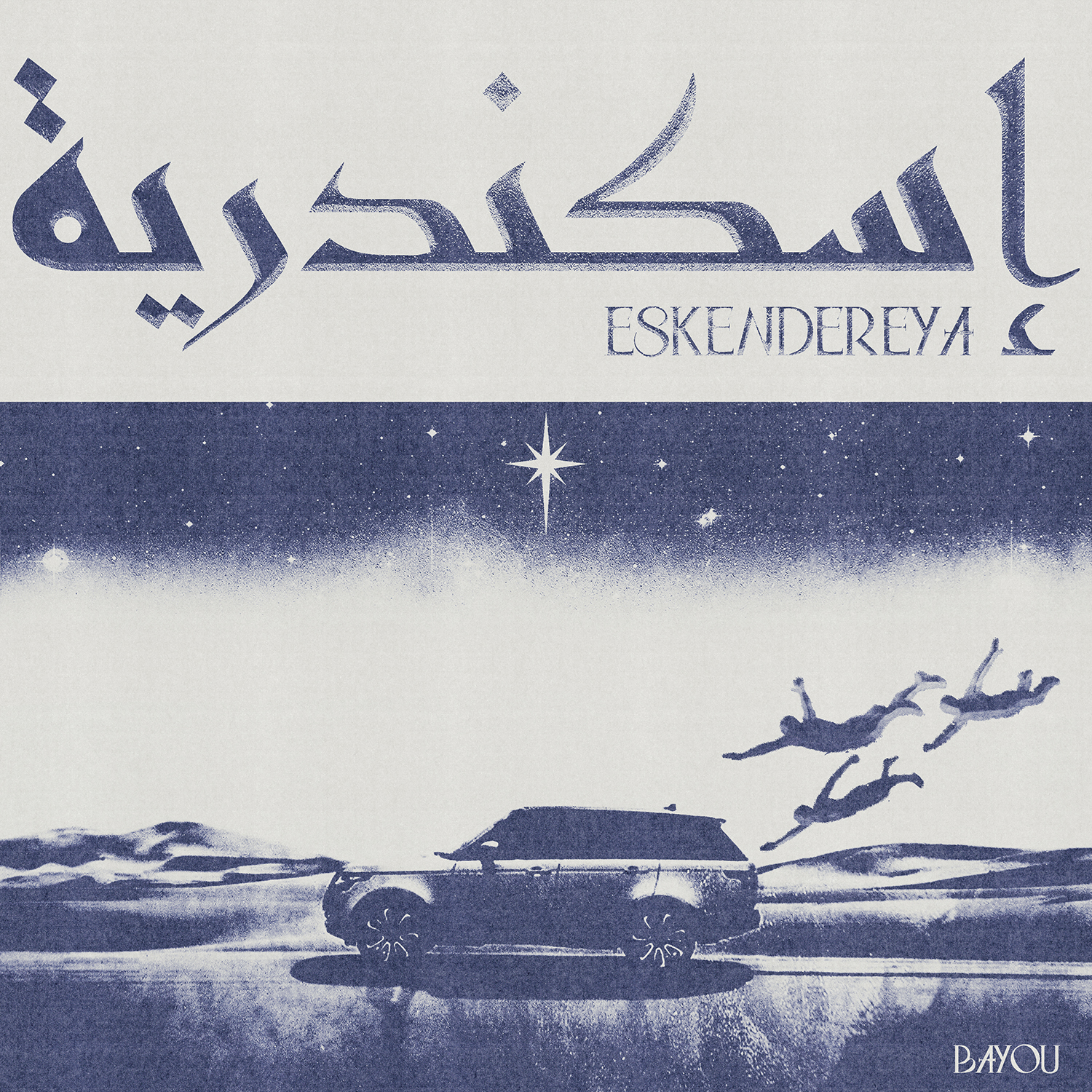
YUNG: Where were you born, where were you raised and where are you now based?
Bayou: I am an Egyptian, born in Jeddah, raised in Dubai, and now I am based in Boston, Massachusetts, where I attend university. Due to my “third culture kid” upbringing, I was lucky to encounter people from all social classes. I feel like it can be seen in me and my music. I feel very connected to the Middle East, its countries, and its people.
What is your earliest memory of music?
My earliest memory of music was probably when I was 3 or 4 years old. My mom showed me Amr Diab’s “Leily Nahary”, and I could not stop dancing and jumping up and down. I kept telling her to play it repeatedly, and if she stopped the song, I would end up crying or shouting, so she kept playing it until she got sick of the song.
How do live performances transform your personality?
That is a great question. I feel like there is a bit of a duality between the person I am in my day-to-day life and the person I am when I perform. In my personal life, I am quite reserved and introverted. I prefer to listen in rather than chime into social settings. However, when I perform, I feel like something comes over me, and it is a special feeling. Nothing excites me more than music, making it, and sharing it, and when I get to step into the shoes of Bayou, I feel the glow inside of me that raises me. I become very confident, playful, and full of life, which captivates the audience. I still have a lot of work to do when it comes to the technical side of performing. However, I am pleased about the response from my listeners and viewers, and I, too, really do enjoy the experience of performing.

What is a lyric that is stuck with you right now?
“E don Cast, Last last, na everybody go chop breakfast” from Burna Boy’s latest track is iconic. I love it so much myself. I have a Nigerian roommate, Josh, and he has kept playing this song nonstop since it has been out. He explained that this lyric is a Nigerian saying that means everyone will experience heartbreak or pain, but the way they say it in a crowd’s voice makes it feel like we will all experience it together, and it will be all right.
If you could hop on any track with a verse, which would it be and why?
Probably “Aloomek” by Marwan Moussa. It’s a masterpiece. His flows are amazing, the lyrics are relatable, the Sharqi drums on a trap chord progression are effortless, and its Arab fusion is executed completely new and tasteful. I would be a cool addition because we have not heard much English on Sharqi drums in the same way that we have heard English on Afrobeats, Reggaeton, or Dancehall grooves. The song also is about dealing with the real aspects of love and failed relationships, and I feel like I could add a few things to say there.
Tell us about your latest documentary drop with Saint Levant?
It was brilliant—shoutout to Diego for putting it together in a way that illustrated our last few months together. I love working with Saint Levant. He’s a talented artist and an inspiring person to be around. We work well together and share a similar vision on how we want MENA and its diaspora to be represented musically globally. What we are building is organic and natural, we always help each other in whatever way we can, and I am proud of how we are progressing. Performing with him at different Universities across the US has been a pleasure so far, and I cannot wait for our upcoming shows in Amman and London this coming July.
You move between cities quite a bit. Tell us how that influences your music?
It influences the bilingual nature of my music and the multicultural inspiration that the production draws its bounce from. Songs like “Persian Girl” have an Afroswing bounce that could only come from my Ghanian-British producer, whilst having a more American Rnb delivery and addressing the Persian Diaspora, which I became more familiar with once I moved out to the US. My song “Casablanca” has a Dancehall/Reggaeton bounce from my Trinidadian producer Joshua Medford, whilst sampling the legendary Fairuz and singing Pop. Moving around has allowed me to meet people and see places that help me fuse all the diverse cultural elements for a unique listening experience.
There are continuous references to pan-Arab cities in your songs, any interesting stories behind that?
The truth is they are stories. In my songwriting, I like to picture myself in different places, with different people, and imagine how it would feel. I have been fortunate enough to travel and see many different cultures throughout my life, so it allows me to speak about those places in an authentic manner. So, I like to take the things I think and feel in my everyday life and place them in a different setting. I would want the setting of the songs to be in those pan-Arab cities because we lack representation in music for those beautiful cities and their people. And so far, to be able to shed light on them and have listeners feel that connection has been the most amazing experience so far in my music career.
What is the best poster you have ever had on your bedroom wall?
I am not one to stick things up on my wall, but when I was in school, I used to have two posters: one of Mohamed Salah and one of Frank Ocean. Two completely diverse types of people, but what the two meant o me at the time was that they were individuals who did what they did out of genuine passion and love, without changing who they are as people. Mohamed Salah is a great representation of what an Arab man should be: respectful, faithful, hardworking, goal-driven, and kind. To me, Frank Ocean artistically shows what vulnerability, authenticity, and truth are in music. His art is layered and timeless and always leaves the listener to think, feel, and take away something from the experience. I aspire to make music that stands the test of time whilst remaining authentic to my background and inspiring others to do the same.

What inspires you outside of music?
Outside of music, I am inspired by History, particularly the Golden Ages of Islam in the Middle East, Persia, and Africa. It is amazing to see what our civilisations achieved when they were focused on growth, enlightenment, and prosperity rather than war, greed, and discrimination. Notable figures like Al Khwarizmi invented Algebra, Abbas Ibn Firnas created the first motorised flying vehicle, and Ibn Sina established a lot of what we know in modern medicine. Religion and our nationalities do not have to have a negative impact on our abilities as Arabs, Africans, and Muslims to prosper and innovate. We are smart, talented, and gifted people. Once we have a shift in our mentalities, which has been hindered due to years of conflict and war, we can be a leading civilisation contributing to the growth of the world.
At what point did you realise you wanted music to be your medium of expression?
It has always been my medium of expression ever since I was young. Whenever I felt something, I would always sing, and then once I learned to write, I ended up writing in rhymes so I could sing them. Music is a window to my soul, reflecting my deepest feelings. So much so that when I feel something so intensely. When I sing or write, those feelings are amplified, making me so happy or upset. I am grateful to have the ability to write and sing. It’s something that I will keep with me for the rest of my life as a coping mechanism for this life until I cannot.
What is the strangest DM you have received?
I cannot remember any ridiculously weird ones, but someone once asked me to take them to prom in a different country because their date bailed on them. To the person who sent me that: I am sorry I couldn’t. I hope you found someone in the end and had a great time, hahaha!!
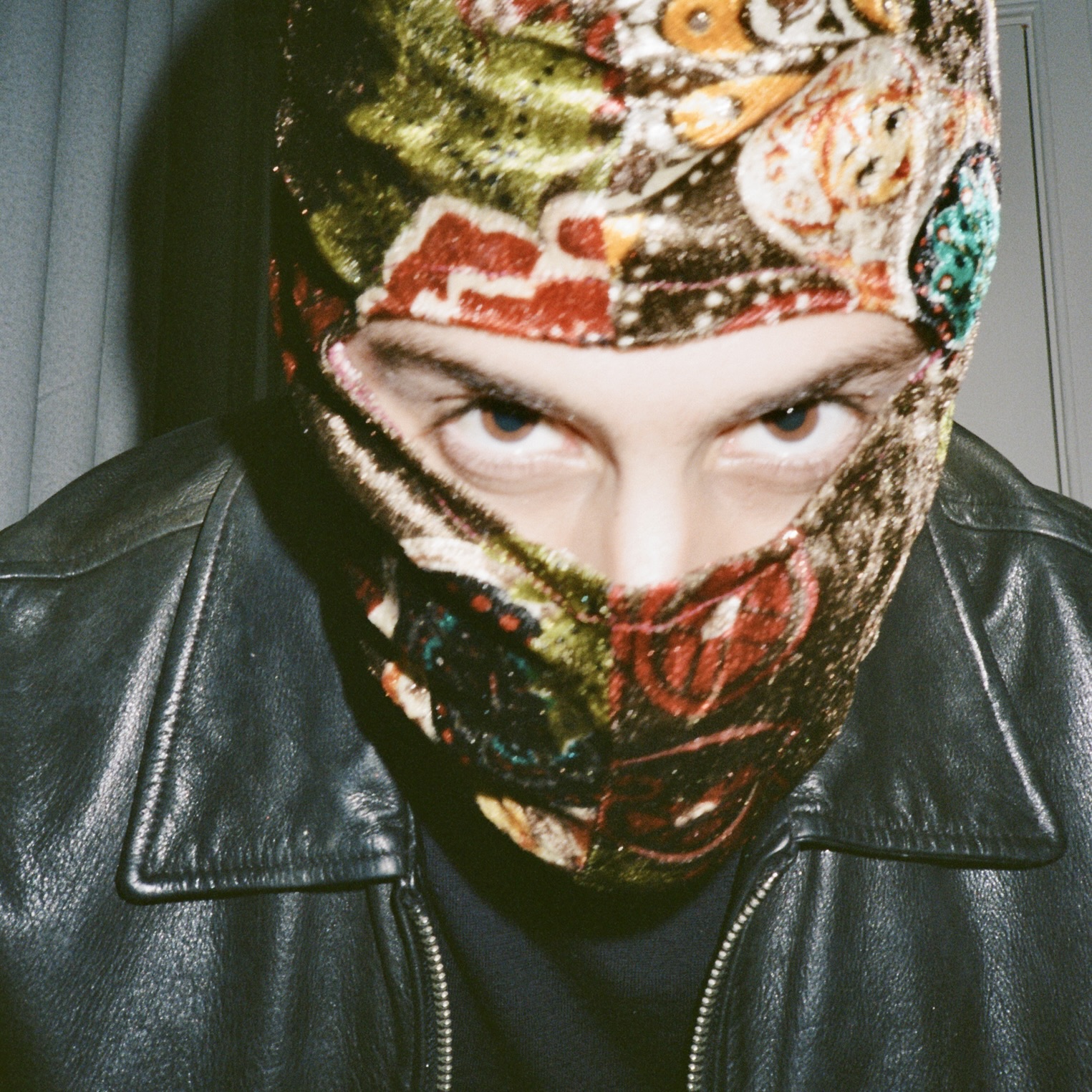
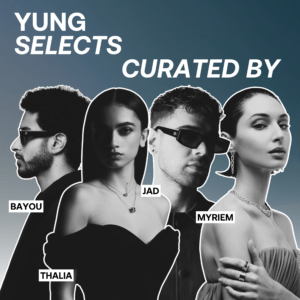
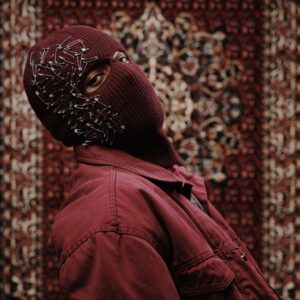
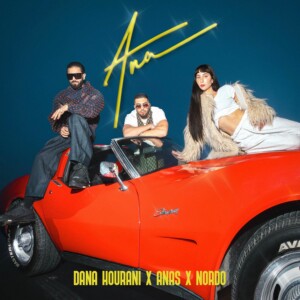
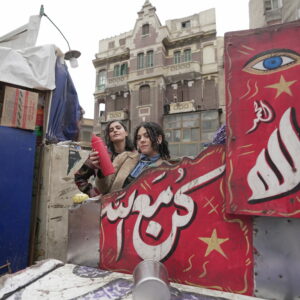
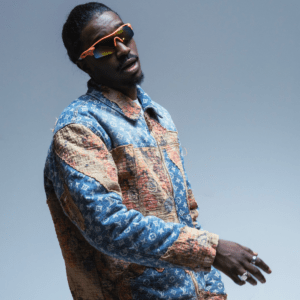
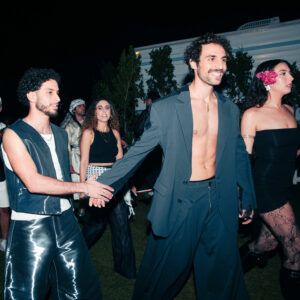
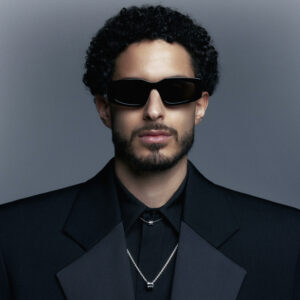
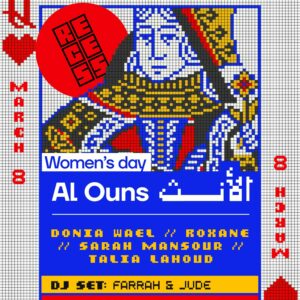
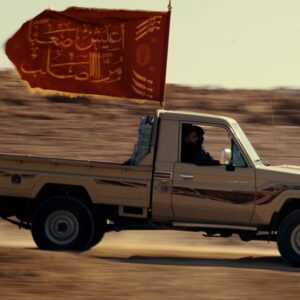
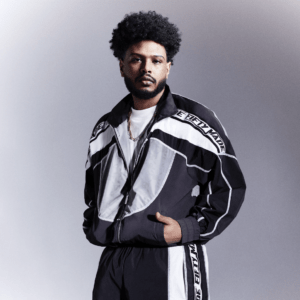
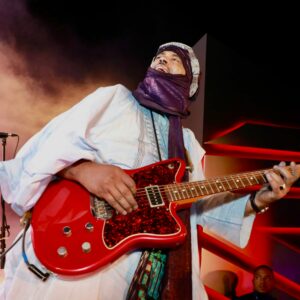
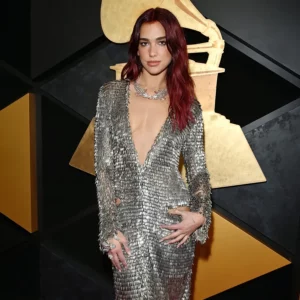
1 comment